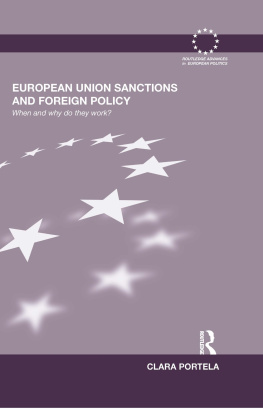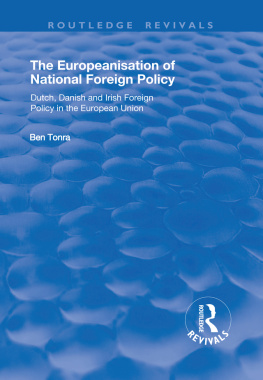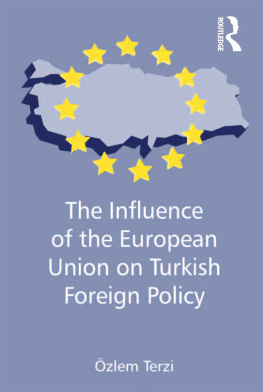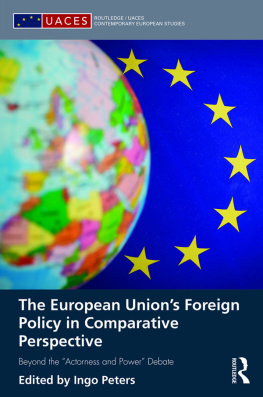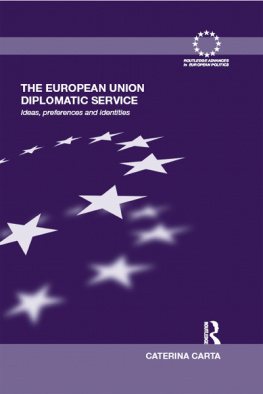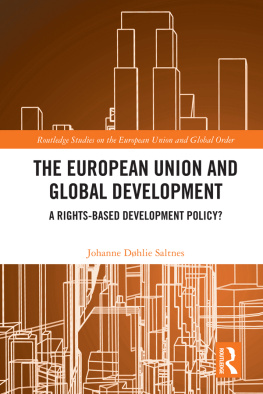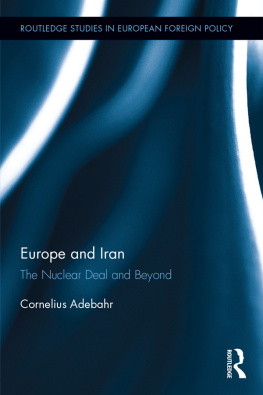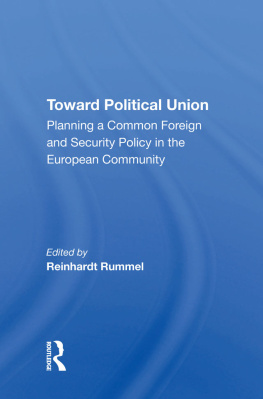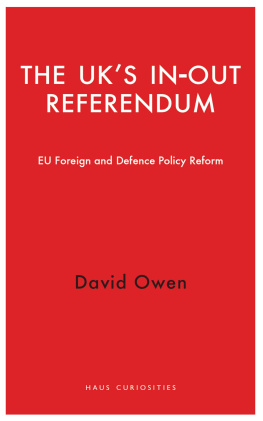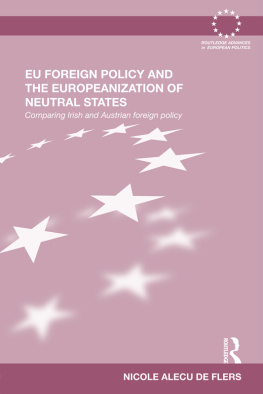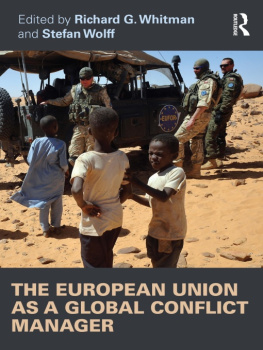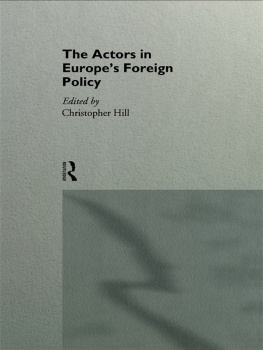| Russian Messianism |
| Third Rome, revolution, Communism and after Peter J.S. Duncan |
| European Integration and the Postmodern Condition |
| Governance, democracy, identity Peter van Ham |
| Nationalism in Italian Politics |
| The stories of the Northern League, 1980-2000 Damian Tambini |
| International Intervention in the Balkans since 1995 |
| Edited by Peter Siani-Davies |
| Widening the European Union |
| The politics of institutionalchange and reform Edited by Bernard Steunenberg |
| Institutional Challenges in the European Union |
| Edited by Madeleine Hosli, Adrian van Deemen and Mika Widgren |
| Europe Unbound |
| Enlarging and reshaping the boundaries of the european union Edited by Jan Zielonka |
| Ethnic Cleansing in the Balkans |
| Nationalism and the destruction of tradition Cathie Carmichael |
| Democracy and Enlargement in Post-Communist Europe |
| The democratisation of the general public in fifteen Central and Eastern European countries, 1991-98 Christian W. Haerpfer |
| Private Sector Involvement in the Euro |
| The power of ideas Stefan Collignon and Daniela Schwarzer |
| Europe |
| A Nietzschean perspective Stefan Elbe |
| European Union and E-Voting |
| Addressing the European Parliaments internet voting challenge Edited by Alexander H. Trechsel and Fernando Mendez |
| European Union Council Presidencies |
| A comparative perspective Edited by Ole Elgstrom |
| European Governance and Supranational Institutions |
| Making states comply Jonas Tallberg |
| European Union, NATO and Russia |
| Martin Smith and Graham Timmins |
| Business, the State and Economic Policy |
| The case of Italy G. Grant Amyot |
| Europeanization and Transnational States |
| Comparing Nordic central governments Bengt Jacobsson, Per Lagreid and Ove K. Pedersen |
| European Union Enlargement |
| A comparative history Edited by Wolfram Kaiser and Jurgen Elvert |
| Gibraltar |
| British or Spanish? Peter Gold |
| Gendering Spanish Democracy |
| Monica Threlfall, Christine Cousins and Celia Valiente |
| European Union Negotiations |
| Processes, networks and negotiations Edited by Ole Elgstrom and Christer Jonsson |
| Evaluating Euro-Mediterranean Relations |
| Stephen C. Calleya |
| The Changing Face of European Identity |
| A seven-nation study of (supra)national attachments Edited by Richard Robyn |
| Governing Europe |
| Discourse, governmentality and European integration William Walters and Jens Henrik Haahr |
| Territory and Terror |
| Conflicting nationalisms in the Basque country Jan Mansvelt Beck |
| Multilateralism, German Foreign Policy and Central Europe |
| Claus Hofhansel |
| Popular Protest in East Germany |
| Gareth Dale |
| Germanys Foreign Policy towards Poland and the Czech Republic |
| Ostpolitik revisited Karl Cordell and Stefan Wol ff |
| Kosovo |
| The politics of identity and space Denisa Kostovicova |
| The Politics of European Union Enlargement |
| Theoretical approaches Edited by Frank Schimmelfennig and Ulrich Sedelmeier |
| Europeanizing Social Democracy? |
| The rise of the party of European socialists Simon Lightfoot |
| Conflict and Change in EU Budgetary Politics |
| Johannes Lindner |
| Gibraltar, Identity and Empire |
| E.G. Archer |
| Governance Stories |
| Mark Bevir and R.A. W. Rhodes |
| Britain and the Balkans |
| 1991 until the present Carole Hodge |
| The Eastern Enlargement of the European Union |
| John O'Brennan |
| Values and Principles in European Union Foreign Policy |
| Edited by Sonia Lucarelli and Ian Manners |
| European Union and the Making of a Wider Northern Europe |
| Pami Aalto |
| Democracy in the European Union |
| Towards the emergence of a public sphere Edited by Liana Giorgi, Ingmar Von Homeyer and Wayne Parsons |
| European Union Peacebuilding and Policing |
| Michael Merlingen with Rasa Ostrauskaite |
| The Conservative Party and European Integration since 1945 |
| At the heart of Europe? N.J. Crowson |
| E-Government in Europe |

